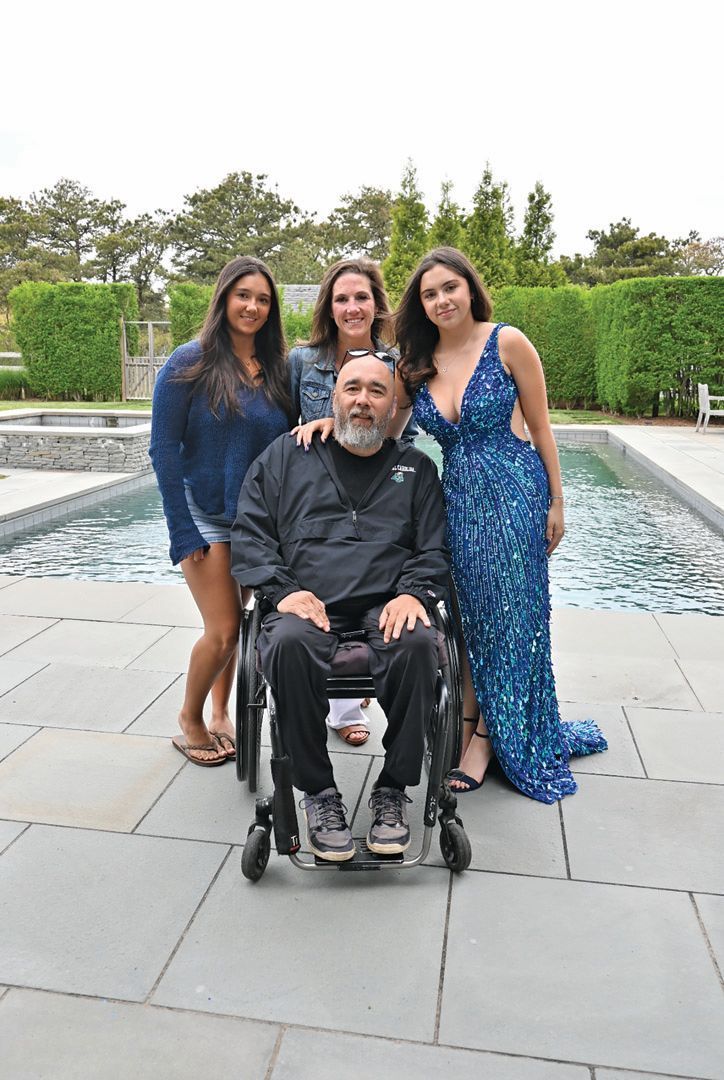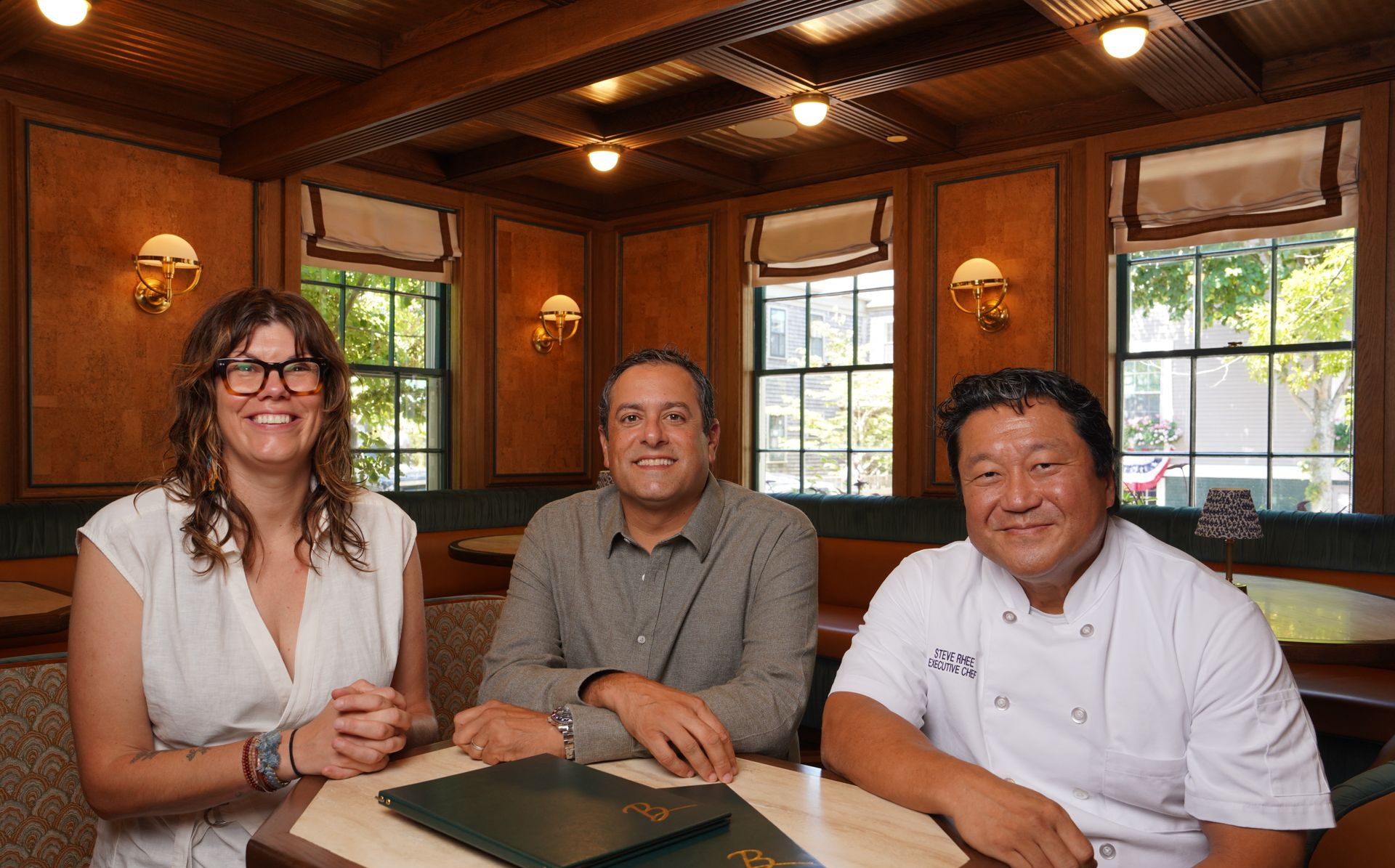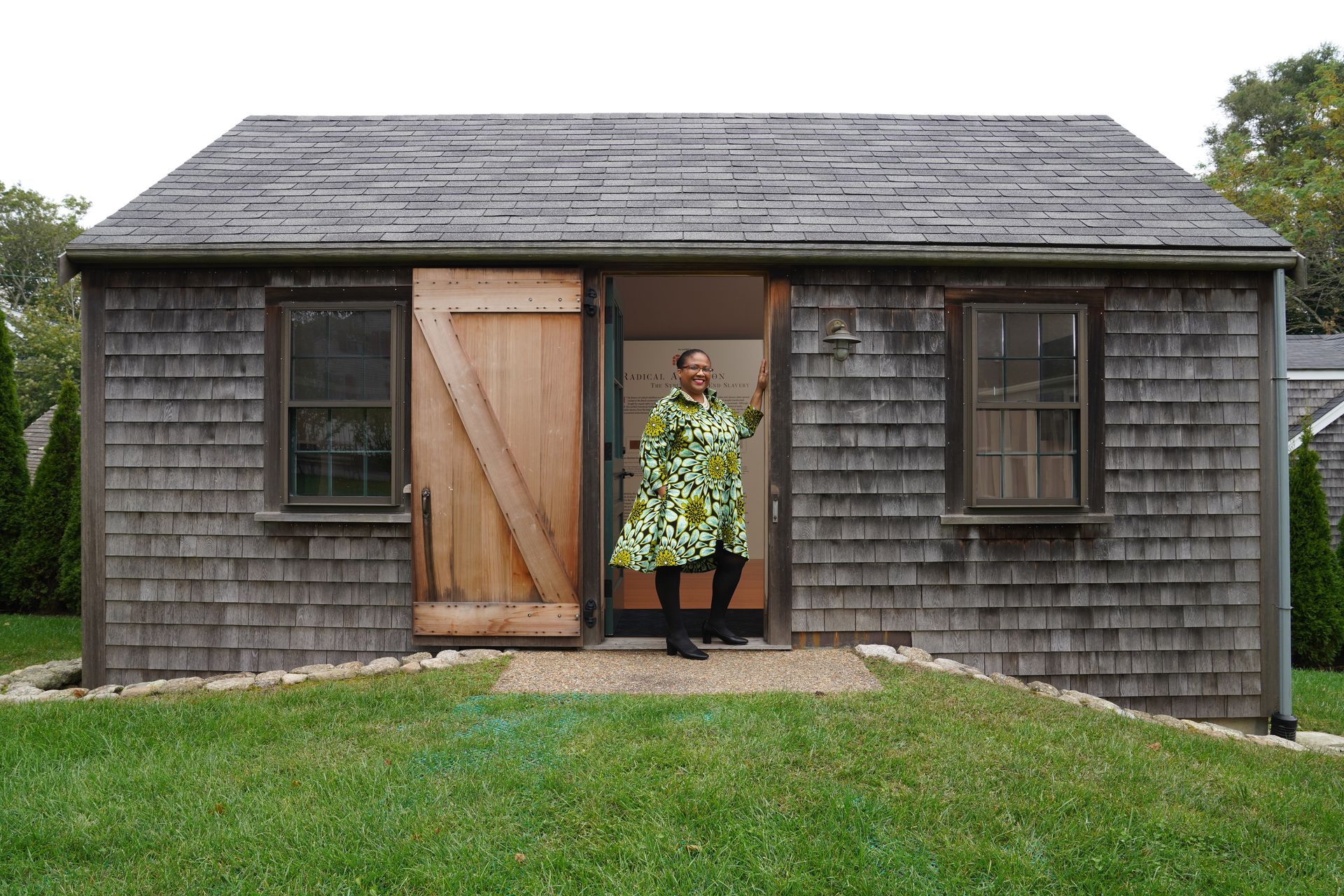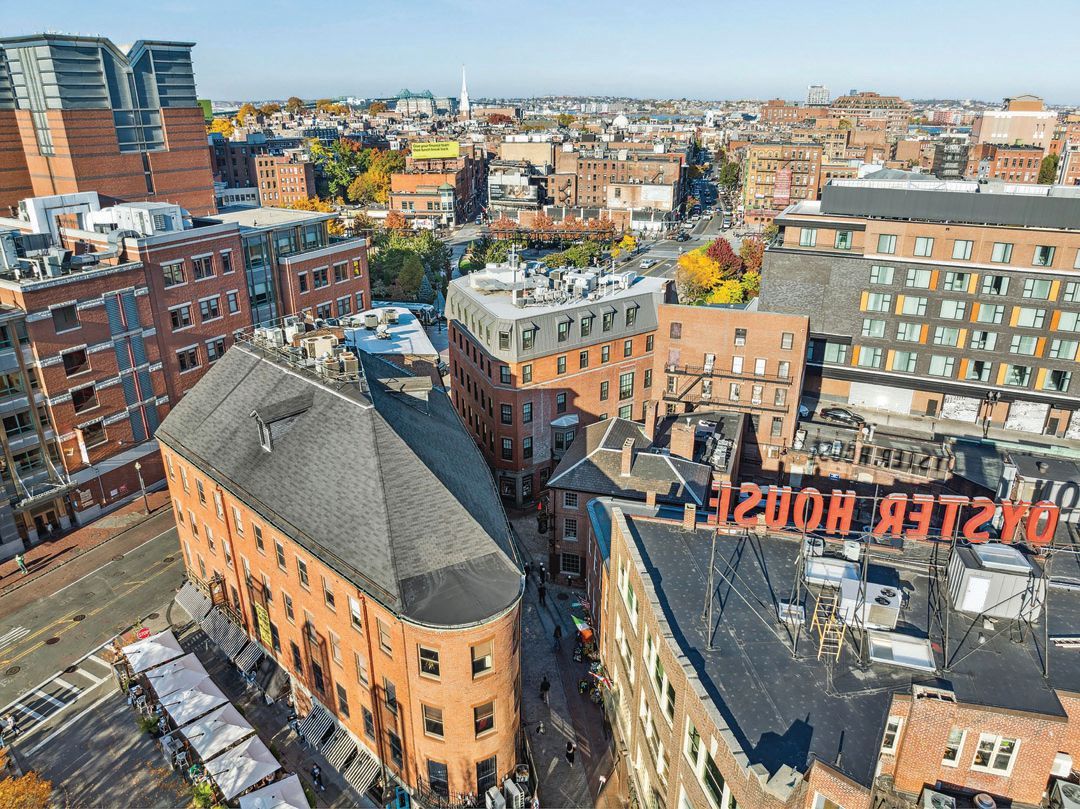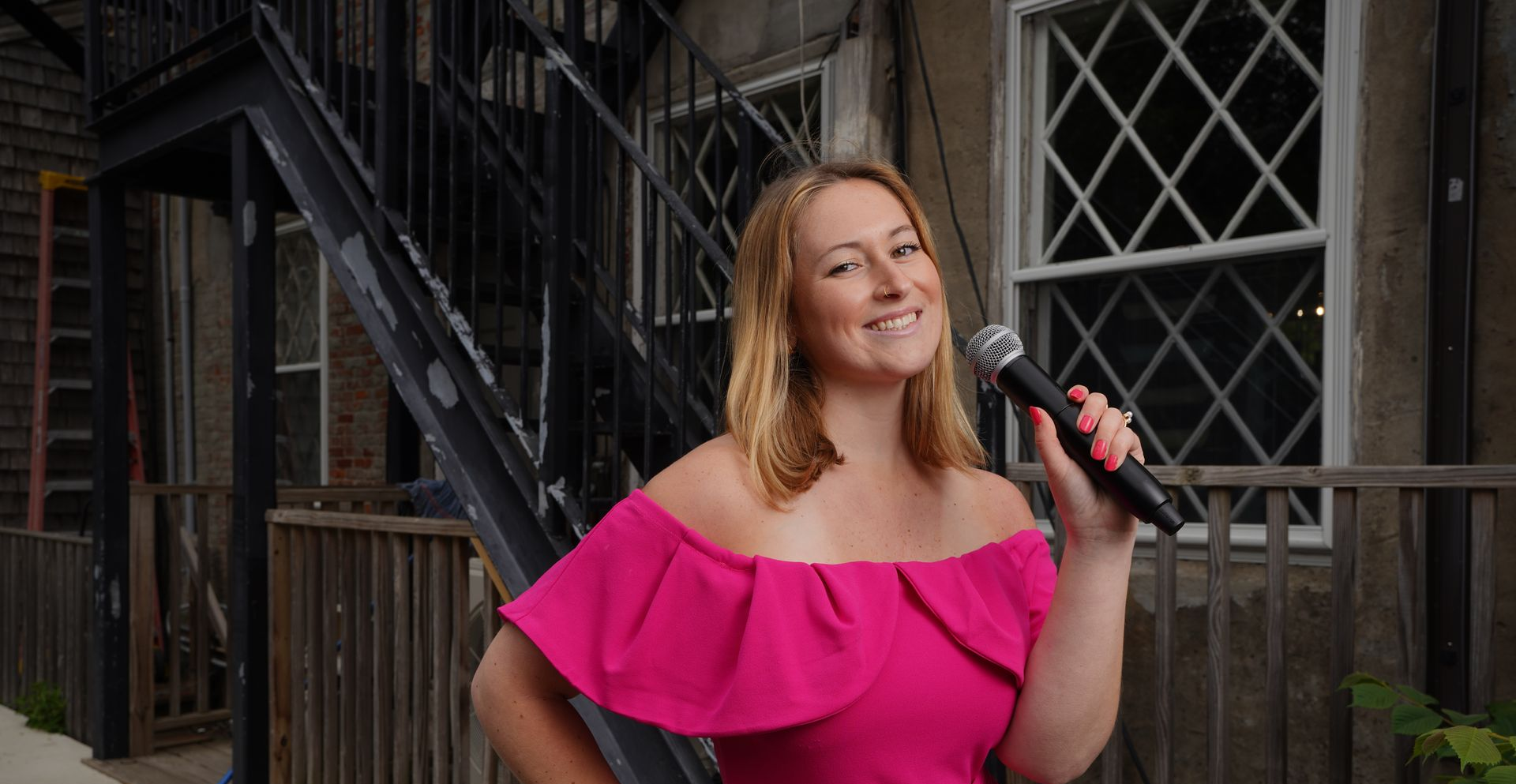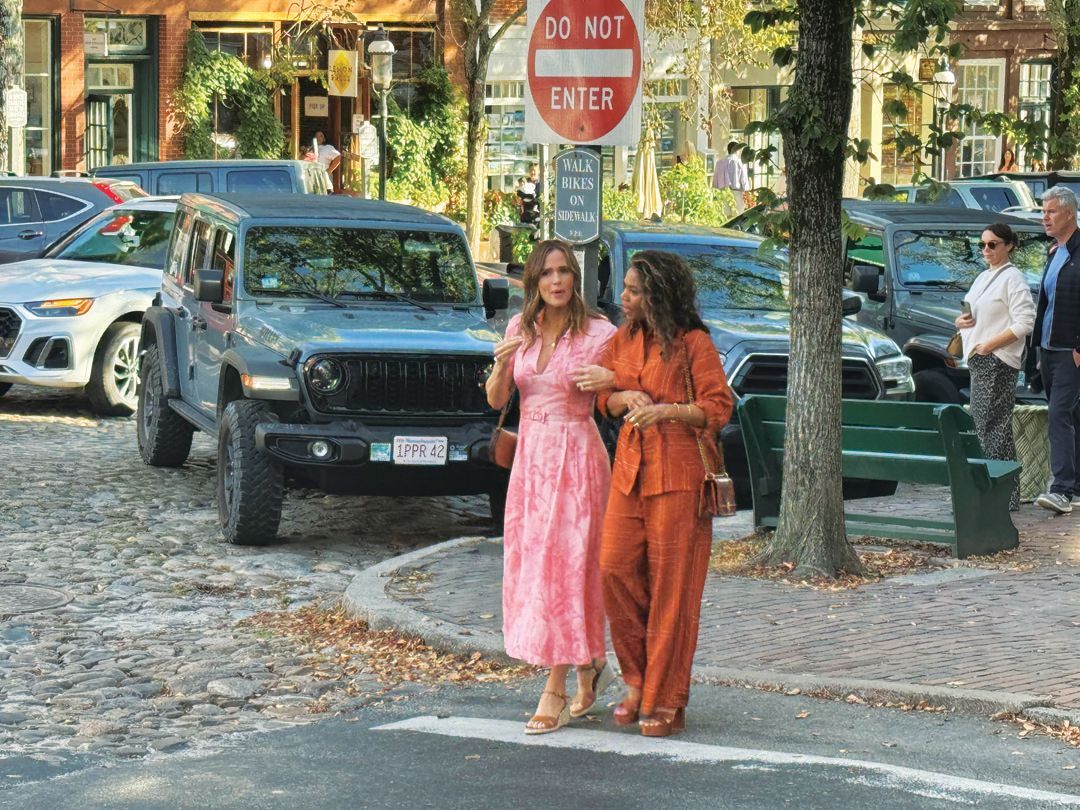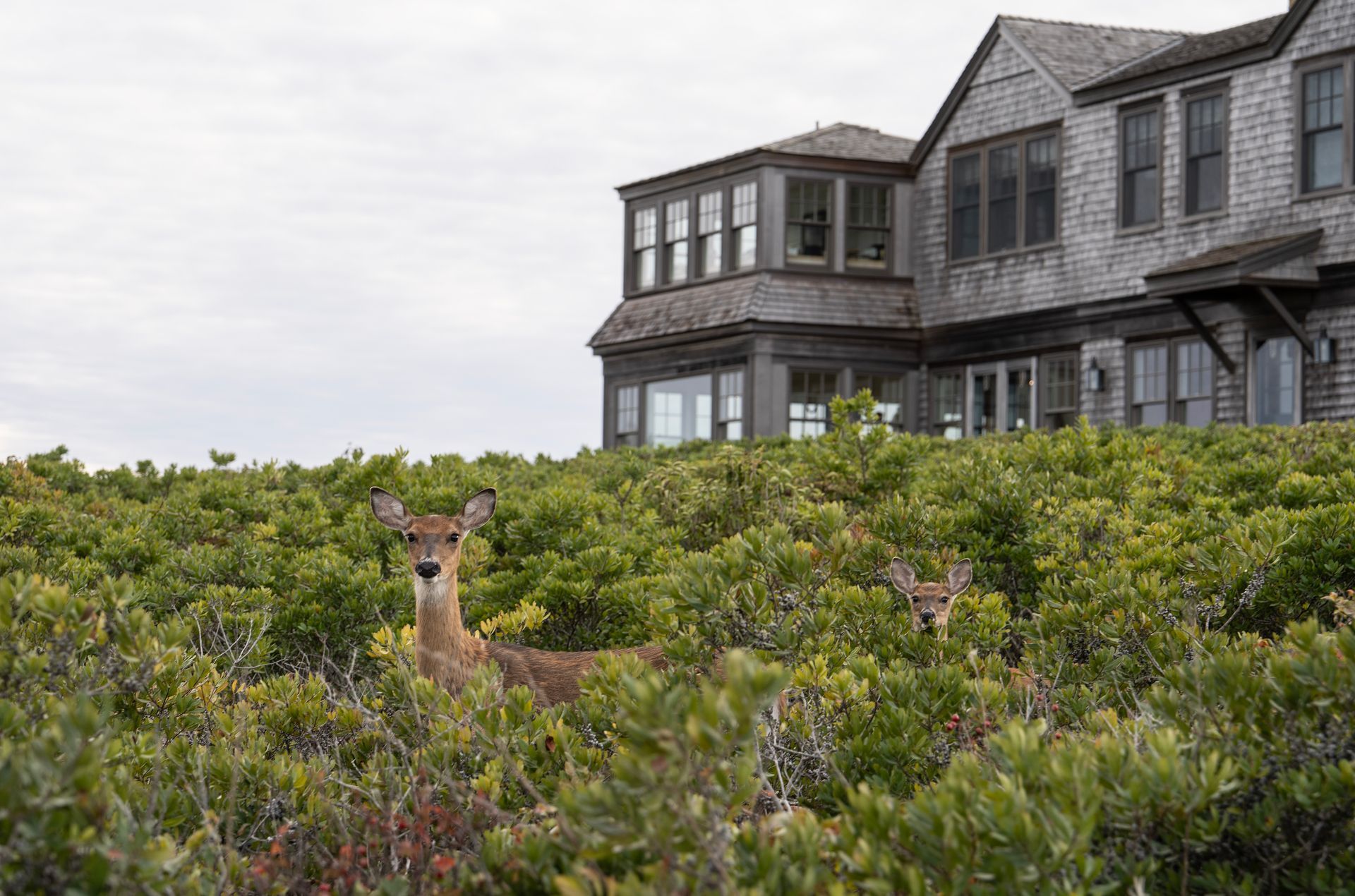A Moving Story
Eight Years After Paralysis, Warren Ard Is Moving Houses
Written by Brian Bushard
Photography by Kit Noble
On the morning of March 3, 2017, Warren Ard decided to take one last run down the mountain in the Adirondacks where he was skiing with his family on a vacation from Nantucket. Ard, a carpenter working frame-to-finish on the island, had been a lifelong athlete but a self-described novice skier who knew when to be cautious, so he hit a moderate blue square to end his day, hoping to steer clear of a trail that might be too steep. He didn’t know it then, but it would be the last time he would stand on his own two feet.
It was late in the ski season, and after a few rainstorms and freezing nights, some of the trails had become blanketed with a sheet of ice—poor skiing conditions for anyone on the mountain that day. As it turns out, Ard had called nearly a dozen other ski resorts that morning to check if they were still open, and all but one of them had decided the conditions were too poor to ski—all but one mountain called Woods Valley, a relatively small resort with a 500-foot vertical drop from summit to base.
On what would have been his last run of the day, Ard found himself skiing a safe distance behind his wife, Lauren, when he slipped on ice. Unable to catch himself, he barreled 300 feet downhill directly into the pole of a chairlift. He knew the second it happened that he was paralyzed. In the blink of an eye, everything—his career, his family, his hobbies, his day-to-day life—were completely and irreversibly changed. He was only 36.
“When you fall down, the first thing you do is jump up and look around to see if anybody saw you fall, and I couldn’t get up,” said Ard, now 45. While he could lift his head off the ground, that was about all he could muster. As some time went by, he started looking around and saw his sister and wife heading back up on the lift directly above him. “I said, ‘Call 911, I’m paralyzed.’ I knew right then what happened, but I didn’t know everything that comes along with it,” he said.
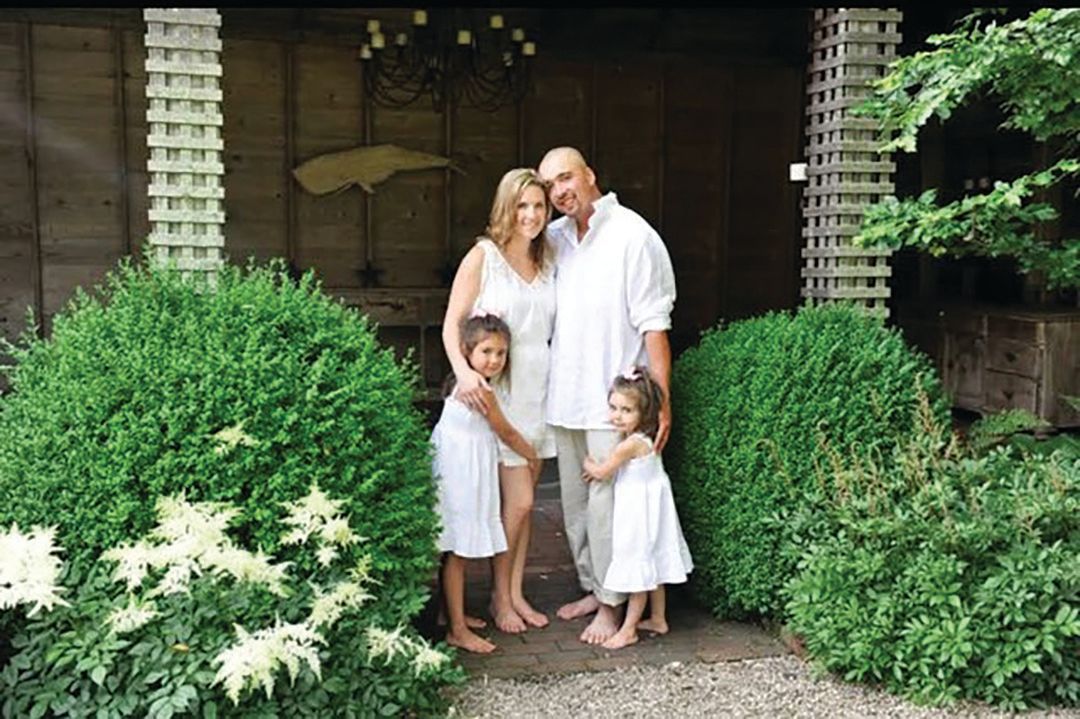
Ard—a carpenter, golfer and former student athlete from Maine who once placed second in the statewide one-mile and 800-meter events as an eighth grader—had broken his back at his T-4 vertebrae, leaving him paralyzed from the chest-down. While he had full control over his head, neck, shoulders and arms, he would never walk again. “I had kids at 25 because I wanted to coach them, wanted to be active with them, run with them and do all that stuff, and that’s what got taken away from me,” he said.
Just like that, Ard’s life on Nantucket had stopped in its tracks. Ard, who had always stayed busy with projects at his own house and with the company he ran with 40 employees, was suddenly stuck in a situation he had never been in before. The next year and a half would be a series of operations and physical therapy sessions at Spaulding Rehabilitation Hospital in Charlestown. “Life changes in the blink of an eye—it’s a true saying,” Ard said. “Life gets flipped upside down. I was running a 40-man crew, and then I was off-island for a year and a half.”
But Ard didn’t let the life-changing accident stop him. Eight years later, he has reconstructed his business, his house and his life—quite literally. After the accident, he took up house moves, of all things, leading his crew from the seat of his wheelchair with a remote control and a tablet to steer and control the hydraulics on a moving house. Since then, he’s led over two dozen house moves on the island, including five this past fall. At his own house, he’s leading his crew on a series of projects, including a bluestone patio he finished this summer, as well as two brick ramps to the first floor of the house, an elevator, a pool and a new basement that required Ard to temporarily lift the house itself.
“I bought my first excavator to do this pool, and when people found out I had an excavator, I got asked to do another job and then another job,” he said. “Business actually picked up after I broke my back.” Even without the ability to move his legs, Ard still finds himself working a skid-steer for hours on end. He can still drive an automatic car, using hand controls to access the pedals.
The community also rallied behind him, helping with projects around the house and leading a fundraiser at Faregrounds Restaurant and a GoFundMe page that raised money for his physical therapy. “Without my crew and my job, I would be home sitting on the couch, because I wouldn’t be able to get into the machines,” he said. “I had to keep it going.”
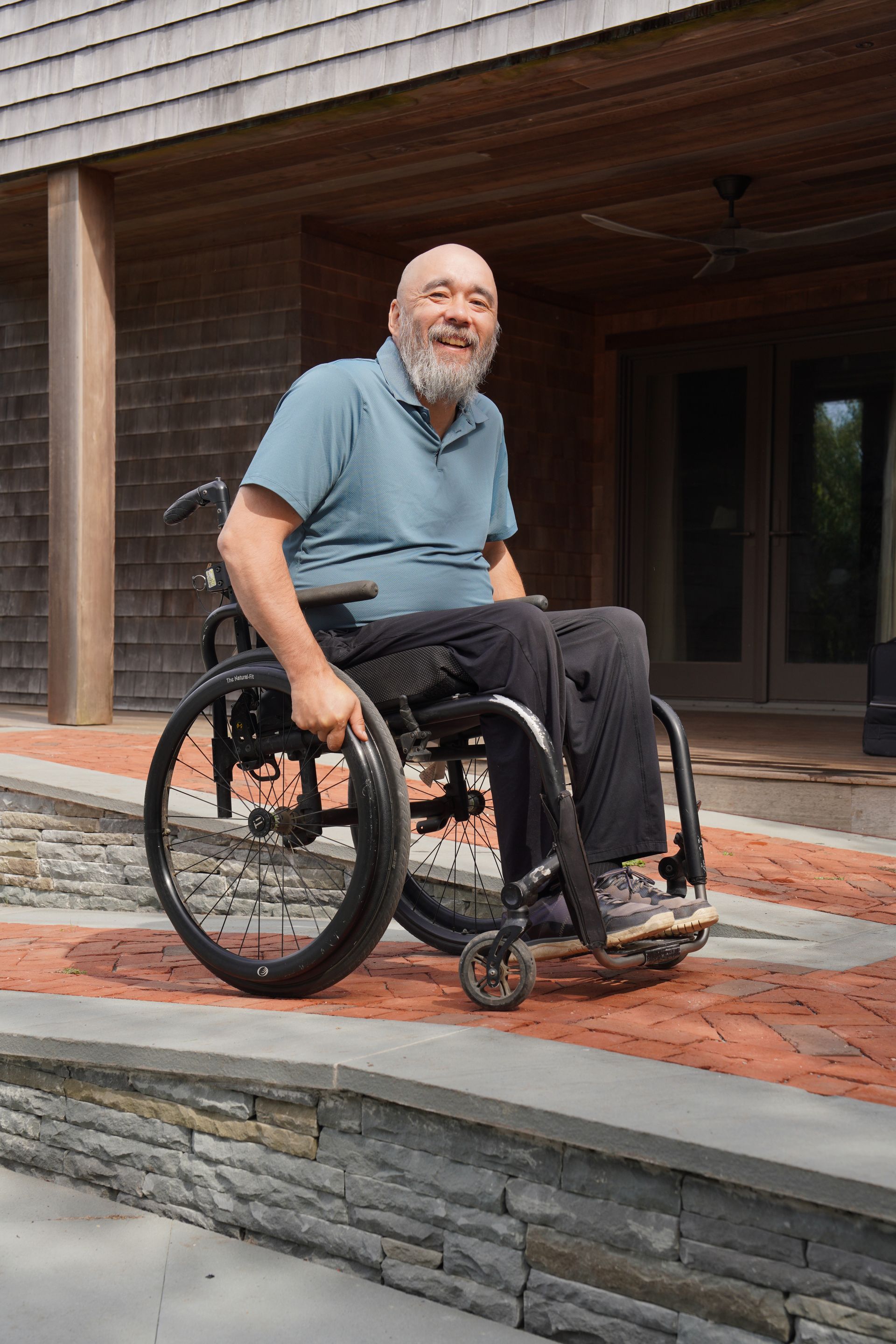
“It took me two years to accept that I wouldn’t walk again,” he continued. “It was a lot of tears, a lot of long talks with my wife. I felt like I was a burden even though everyone kept telling me I wasn’t a burden. I could see it on their faces, but nobody would say it. Just asking for a cup of water. It’s always at the back of my mind that I’m a burden, and that’s why I’m trying to be independent.”
Ard still thinks about the accident. The day it happened, he had been torn between skiing and taking his daughters to Ben & Jerry’s, but wanted to give his daughters a taste of adventure so he hit the slopes. “I think about it a lot—I should have gone to Ben & Jerry’s,” he said. Living as a paraplegic has also raised a set of what-if questions he inevitably dwells on from time to time. What if he had lost the ability to move his arms? What if something else went wrong? But at the end of the day, things have their way of going on.
Ard made major adjustments to everything around him so he could keep living the life he wanted with his friends and family. Life, he said, isn’t defined solely by the life-changing moments you experience. He’s still raising his kids, working and saving money to send them to college. He’s now been married for 18 years to Lauren and is working on a lake house in his home town in Maine. And in the face of everything that’s happened, he’s remained modest. “A lot of people say I’m an inspiration but I don’t see how. Life goes on.”
